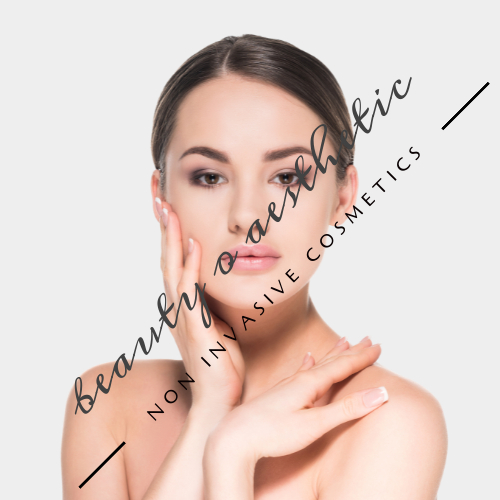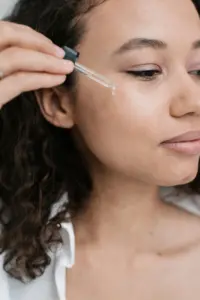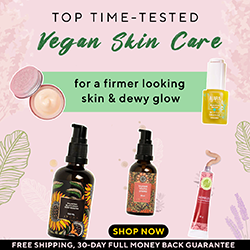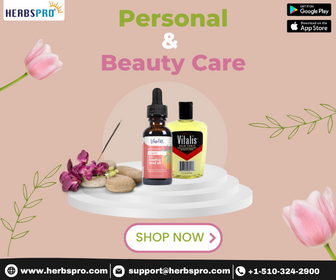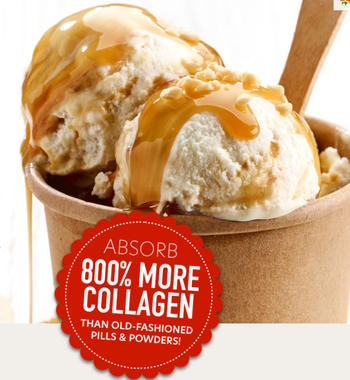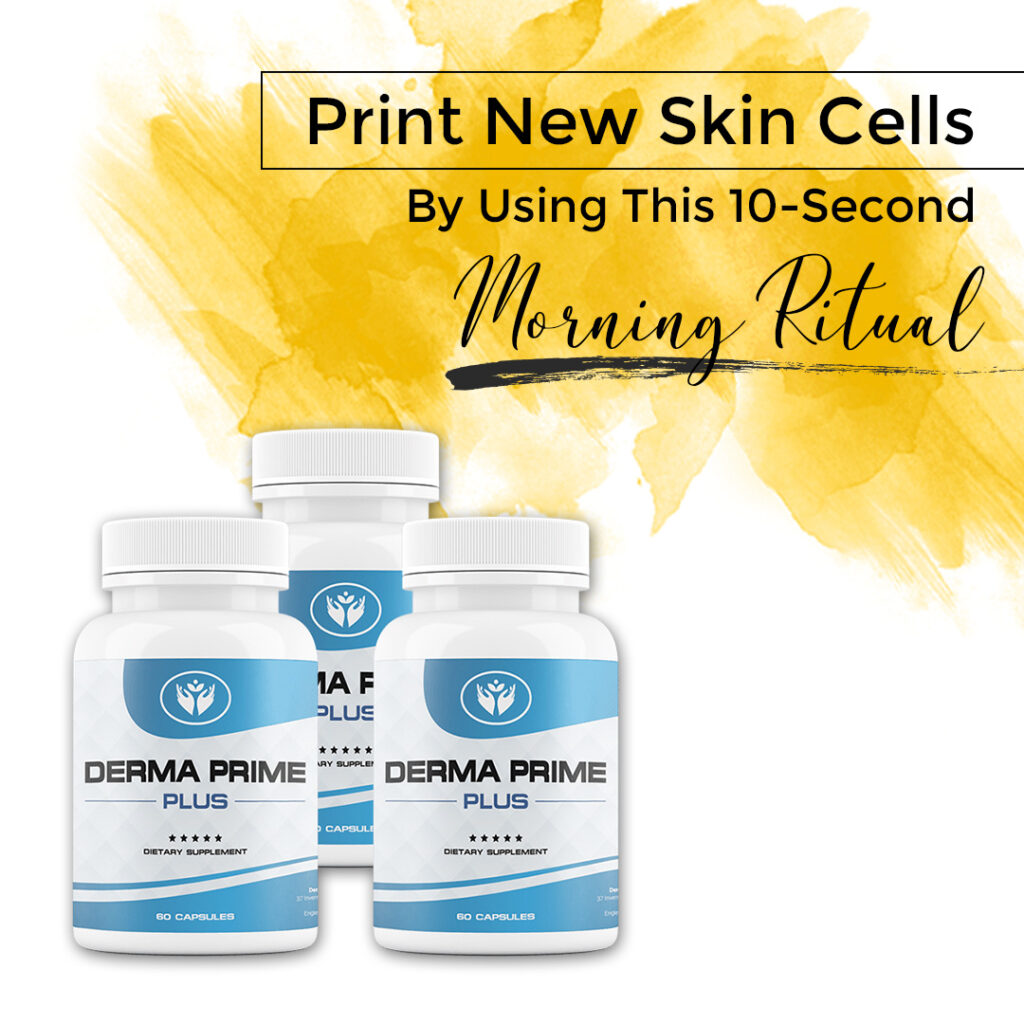Fine lines and wrinkles are common signs of aging that can appear on sensitive skin. These small creases appear around the eyes, mouth, and forehead. They can be early signs of the skin losing its elasticity and firmness. Sensitive skin is more likely to show signs of aging, like fine lines. So, it needs specialised skincare to tackle these issues.
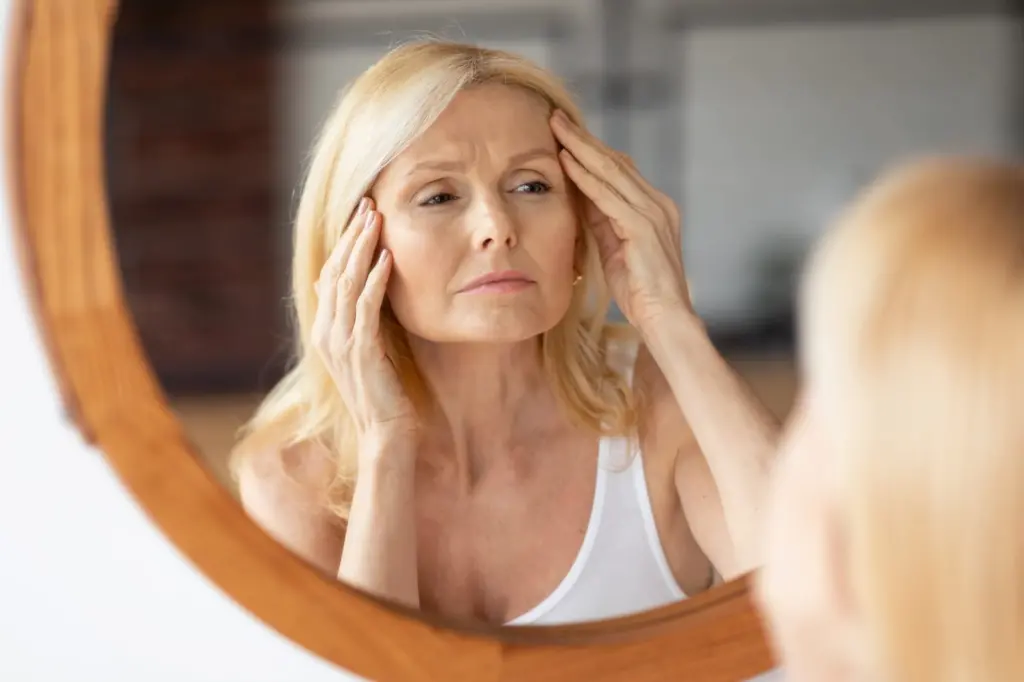
Age spots, also known as sunspots or liver spots, can also start to emerge on sensitive skin as it ages. These dark areas are from sun damage. They may be more noticeable on sensitive skin. This is because it reacts strongly to external harm. Age spots can detract from a youthful appearance. They show the need for careful sun protection. This is important for people with sensitive skin prone to early signs of aging.
Table of Contents
ToggleCommon Causes of Premature Aging
One of the leading culprits behind premature aging is excessive sun exposure. UV rays can penetrate the skin. They damage collagen and elastin fibres. This damage leads to wrinkles, fine lines, and sagging skin. Too much sun without enough protection can also cause dark spots. It can also cause dull skin. It can also cause hyperpigmentation. You must shield your skin from the sun. Do so by wearing sunscreen daily, seeking shade, and wearing protective clothing. This will prevent premature aging.
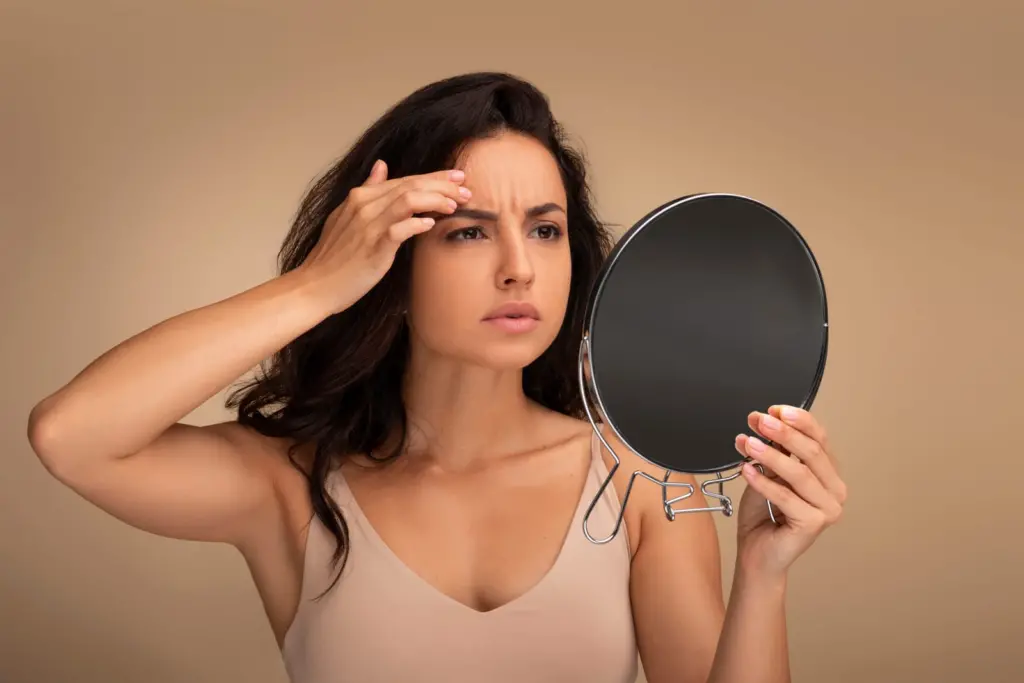
Another common cause of premature aging is smoking. The chemicals in cigarettes can shrink skin blood vessels. This reduces blood flow. It also depletes the oxygen and nutrients needed for healthy skin. Smoking makes collagen and elastin break down faster. This causes wrinkles, sagging skin, and a dull complexion. Quitting smoking is good for your health. It also helps prevent early aging and keeps skin looking young.
Best Skincare Ingredients for Sensitive Skin
Select gentle, effective ingredients for sensitive skin care. Search for products with calming ingredients like aloe vera, chamomile, and oat extracts. These natural ingredients can help calm irritation and redness without causing further sensitivity.
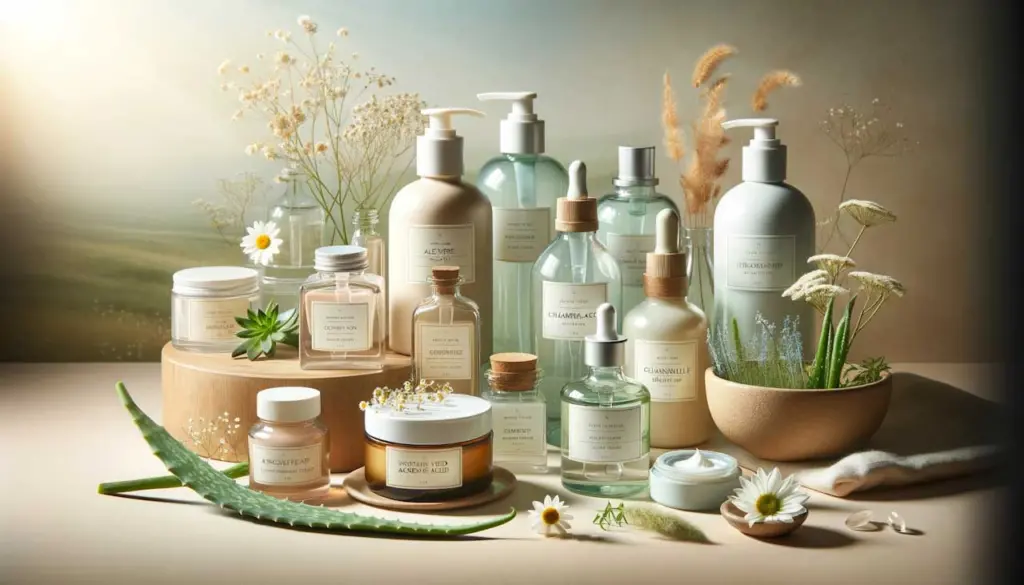
Choose products with soothing ingredients. Avoid fragrances, parabens, and sulphates. Hyaluronic acid and ceramides can help sensitive skin. They hydrate and strengthen the skin barrier without causing irritation. Be sure to patch test any new products to ensure they are suitable for your skin type.
Importance of Sun Protection for Aging Skin
Sun protection is crucial for aging skin, as it helps prevent further damage from harmful UV rays. Spending too much time in the sun can cause wrinkles, age spots, and sagging skin. It speeds up aging. Add sunscreen to your daily skincare routine. It will shield your skin from UVA and UVB radiation. This will keep your skin looking young.

Moreover, sun protection plays a key role in reducing the risk of skin cancer, particularly as we age. Using high-SPF, broad-spectrum sunscreen often lowers the risk of skin cancer. UV exposure causes this cancer. By prioritising sun protection, you safeguard your skin’s health. You also maintain its vitality and strength against external harm.
Gentle Exfoliation Techniques for Sensitive Skin
Exfoliating is vital in all skincare routines, even for sensitive skin. For sensitive skin, the key is to use gentle exfoliation. This avoids irritation and redness. Scrubs have smooth, round particles. They can be too harsh for sensitive skin. They cause microtears and make sensitivity worse. Instead, consider chemical exfoliants. They contain ingredients like AHAs or BHAs. They work to gently dissolve dead skin cells without scrubbing.
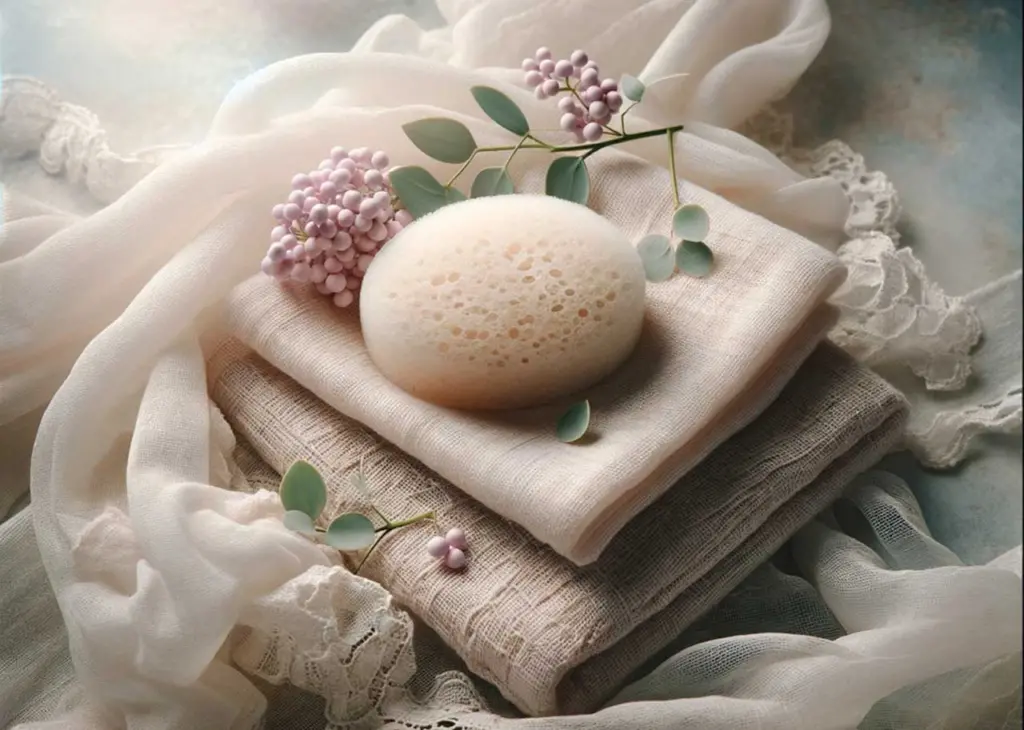
Another way to exfoliate sensitive skin is to use a soft muslin cloth. You can also use a Konjac sponge. You use them to gently massage the skin in circles. These tools provide a mild physical exfoliation while being gentle on sensitive skin.
Be cautious. Avoid scrubbing too hard or using harsh exfoliants. These can harm the skin barrier and make sensitivity worse. Adding gentle exfoliation to your skincare routine can promote cell turnover. This reveals smoother, brighter skin. And, it avoids unnecessary irritation.
The Role of Hydration in Anti-Aging Skincare
Staying hydrated is critical for anti-aging skincare. This is especially true for sensitive skin. Dryness causes a dull complexion. It can worsen fine lines and wrinkles. To keep skin young, it’s vital to keep it well-hydrated. You can do this by drinking enough water. Also, use hydrating skincare products.
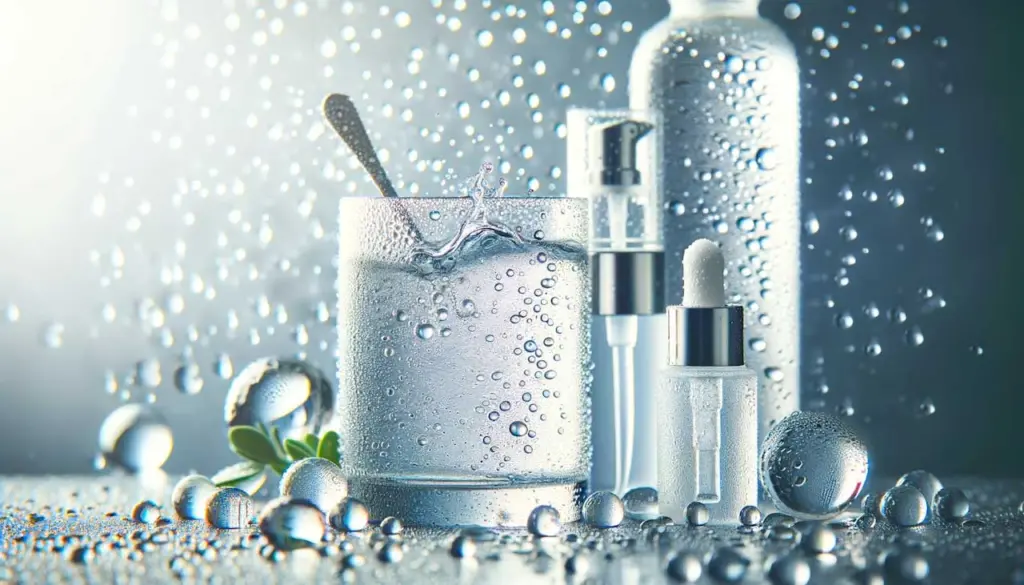
Hydrating skin plumps it up, reducing fine lines and wrinkles. It also promotes skin elasticity and firmness, giving a more youthful appearance. Incorporate hydrating ingredients like hyaluronic acid, glycerine, and ceramides into your skincare routine. This helps retain moisture and strengthen your skin’s barrier, fighting premature aging.
How to Choose the Right Anti-Aging Products for Sensitive Skin
Choosing the right anti-aging products for sensitive skin requires careful consideration. You must consider the ingredients and formulations. Look for products labeled as hypoallergenic. They should be fragrance-free and made for sensitive skin. Choose gentle ingredients, like hyaluronic acid, ceramides, and niacinamide. They can hydrate and soothe without causing irritation.
Avoid products with harsh ingredients. These include alcohol, parabens, sulphates, and synthetic fragrances. They can make sensitivity worse and speed up aging. Test a new product with a patch test. Do this before adding it to your routine. This test ensures it won’t cause any bad reactions.
Talking to a dermatologist can also help. They can help you select the best anti-aging products for your sensitive skin.
Incorporating Antioxidants into Your Skincare Routine
Antioxidants are crucial. They defend the skin against free radicals and environmental aggressors. These things can cause premature aging. Choose products that have Vitamin C, Vitamin E, green tea extract, or resveratrol. These strong ingredients neutralise free radicals. They also brighten the skin, improve texture, and make you look younger.

You can add antioxidants to your skincare routine. You can use serums, moisturisers, or face masks. The choice depends on your preference and skin type. Adding antioxidants under sunscreen in the morning can give extra protection. The products are rich in antioxidants. It guards against sun damage and oxidative stress all day.
Using antioxidants regularly can strengthen the skin’s natural defences. They also support its health and resilience against external aggressors. This helps create a more radiant and youthful complexion.
Professional Treatments for Aging Sensitive Skin
Professionals can treat aging, sensitive skin. They can provide targeted solutions for specific skin concerns. Microneedling is a popular treatment. It involves using fine needles to create micro-injuries in the skin. This stimulates collagen production and improves skin texture. Chemical peels are another good option. They treat signs of aging on sensitive skin. They work by removing dead skin cells and promoting cell turnover.
Laser treatments benefit aging sensitive skin, along with microneedling and chemical peels. Lasers target skin issues like wrinkles, sun spots, and uneven tone. They boost collagen and rejuvenate the skin. You must consult with a dermatologist or skincare professional. They will determine the best professional treatment. This will be based on your skin concerns and sensitivities.
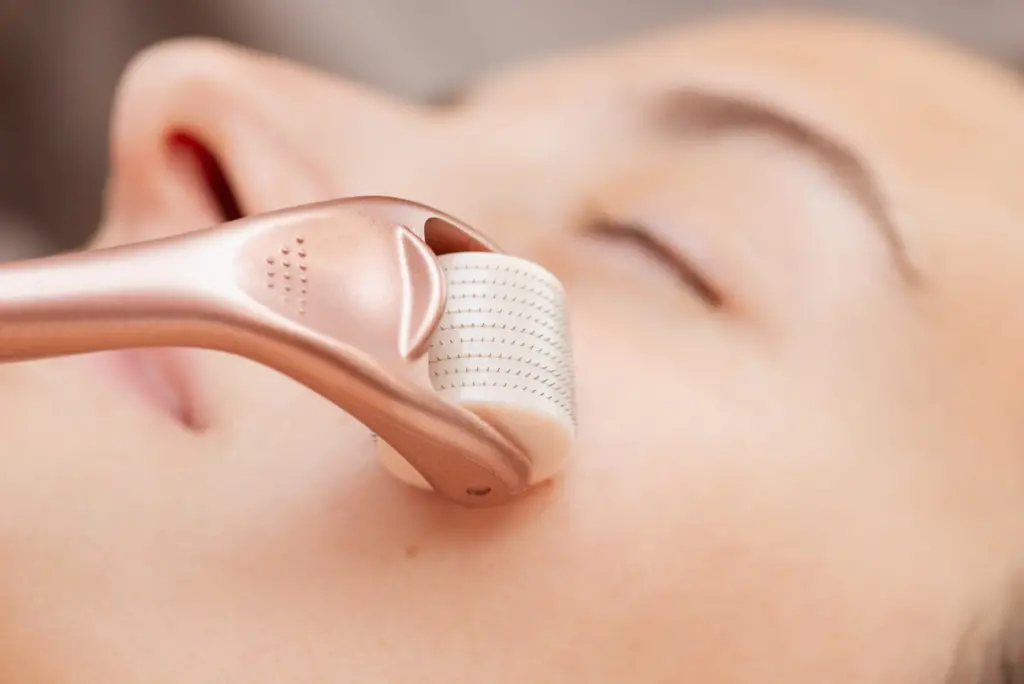
Lifestyle Changes to Support Healthy, Youthful Skin
Making small lifestyle changes can have a big impact on the health and youthfulness of your skin. One important change is to prioritise getting an adequate amount of sleep each night. Sleep is crucial for skin regeneration and repair. It helps keep a youthful complexion. Aim for 7-9 hours of quality sleep each night to support your skin’s natural renewal processes.
Also, exercise can help your skin. Exercise improves blood flow. This helps deliver nutrients and oxygen to skin cells. It promotes a healthy glow.
It also helps flush out toxins through sweat. This can lead to clearer, younger-looking skin. Aim for at least 30 minutes of moderate exercise most days of the week to support healthy, youthful skin.
FAQ
What are some signs of aging on sensitive skin?
Signs of aging on sensitive skin can include wrinkles, fine lines, sagging skin, and age spots.
What are some common causes of premature aging?
Sun exposure, smoking, a bad diet, not drinking enough, and the environment often cause premature aging.
What are the best skincare ingredients for sensitive skin?
The best skincare ingredients for sensitive skin include hyaluronic acid and niacinamide. Also, ceramides and antioxidants like vitamins C and E are good.
Why is sun protection important for aging skin?
Sun protection is important for aging skin. UV rays speed up aging, causing wrinkles, sagging, and age spots.
How can I gently exfoliate sensitive skin?
You can exfoliate sensitive skin gently. Use mild exfoliants like lactic acid or fruit enzymes. Avoid harsh physical exfoliants like scrubs.
How does hydration play a role in anti-aging skincare?
Hydration is important in anti-aging skincare. It helps to plump the skin, reduce wrinkles, and keep a youthful glow.
How can I choose the right anti-aging products for sensitive skin?
Choose gentle anti-aging products for sensitive skin. Avoid harsh ingredients like fragrances or alcohol. Patch test before using.
How can I incorporate antioxidants into my skincare routine?
You can add antioxidants to your skincare routine. You can do this using serums or moisturisers. They should have ingredients like vitamin C, vitamin E, or green tea extract.
What are some professional treatments for aging sensitive skin?
Some pros treat aging sensitive skin. They use microdermabrasion, chemical peels, laser therapy, and microneedling.
What lifestyle changes can support healthy, youthful skin?
You can support healthy, youthful skin by making lifestyle changes. Changes include eating a balanced diet. Staying hydrated is essential. Getting enough sleep is crucial. Avoid smoking and sun exposure. Manage stress effectively.
Conclusion
Caring for aging sensitive skin demands a multifaceted approach. It involves careful sun protection. You also need gentle skincare and lifestyle changes. These nurture and protect the skin’s delicate balance. Recognising the signs of aging early on is key. These signs include fine lines, wrinkles, and age spots. They let people tailor their skincare routines effectively. This tailoring helps them address these concerns while accommodating their skin’s sensitivity.
People can fortify their skin against aging. They should choose skincare products with soothing, hydrating, and restorative ingredients. Adding antioxidants to daily skincare protects the skin from environmental damage. This boosts its natural defences.
Also, making lifestyle changes is key. These changes promote health. They include: eating well, staying hydrated, being active, and getting enough rest. These changes are vital for keeping skin young and vital. Professional treatments can offer targeted solutions for aging concerns if chosen carefully. They complement daily skincare routines and give more pronounced results.
Understanding the unique needs of sensitive aging skin is key. Respond with informed skincare choices and lifestyle habits. This can greatly reduce the effects of aging and allow for graceful, healthy aging. By prioritising gentle care, protection, and nourishment, individuals can embrace a whole strategy. It supports the long life of their skin’s health and appearance. This ensures it stays vibrant and resilient through the years.
